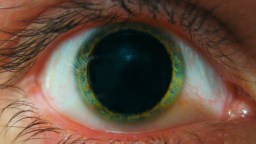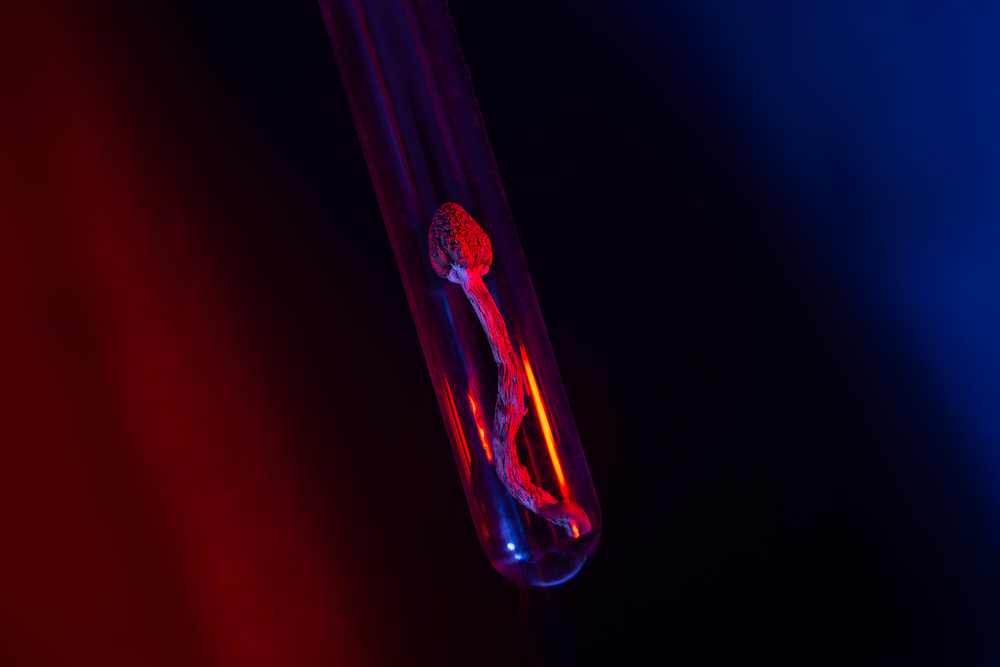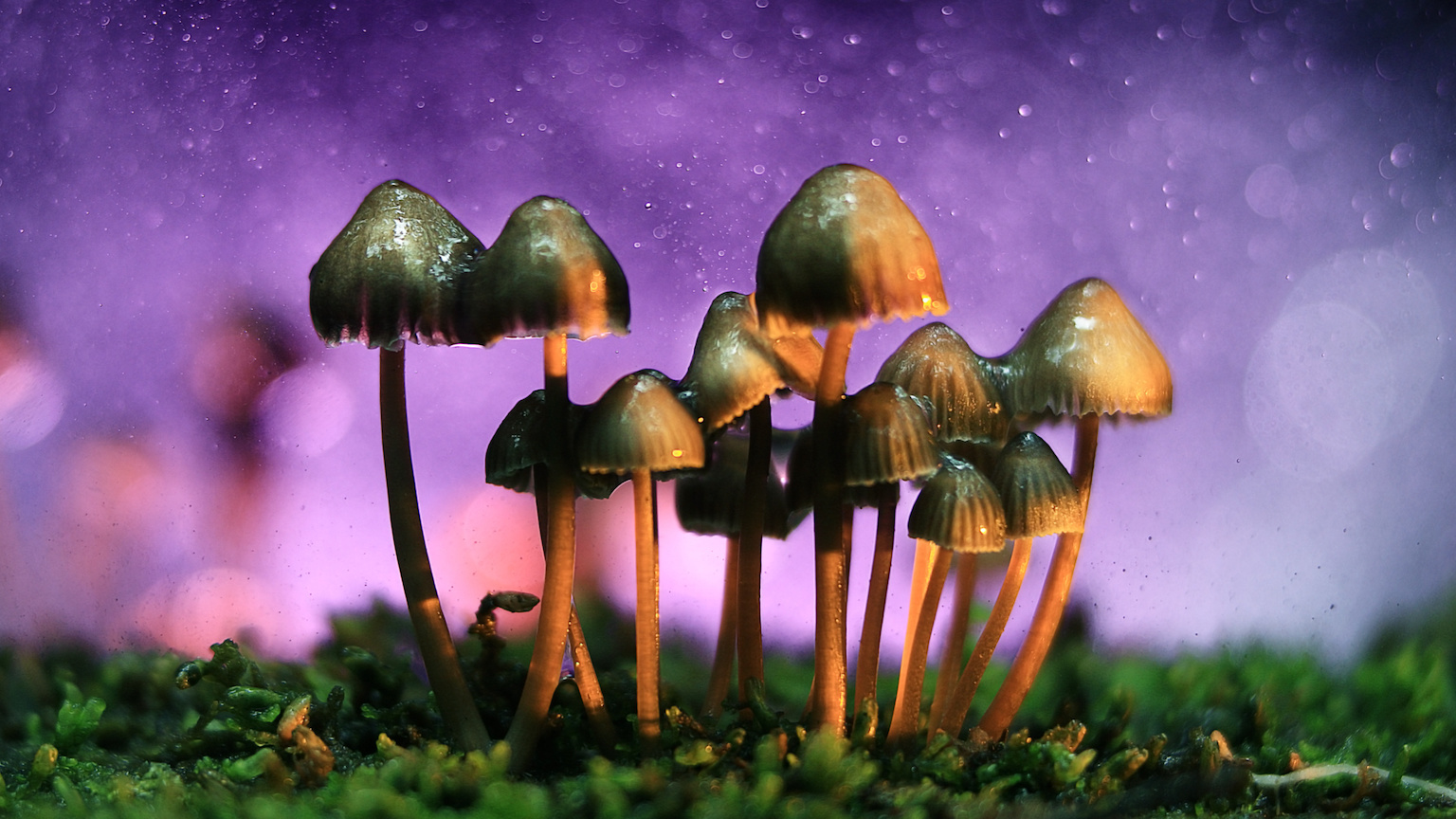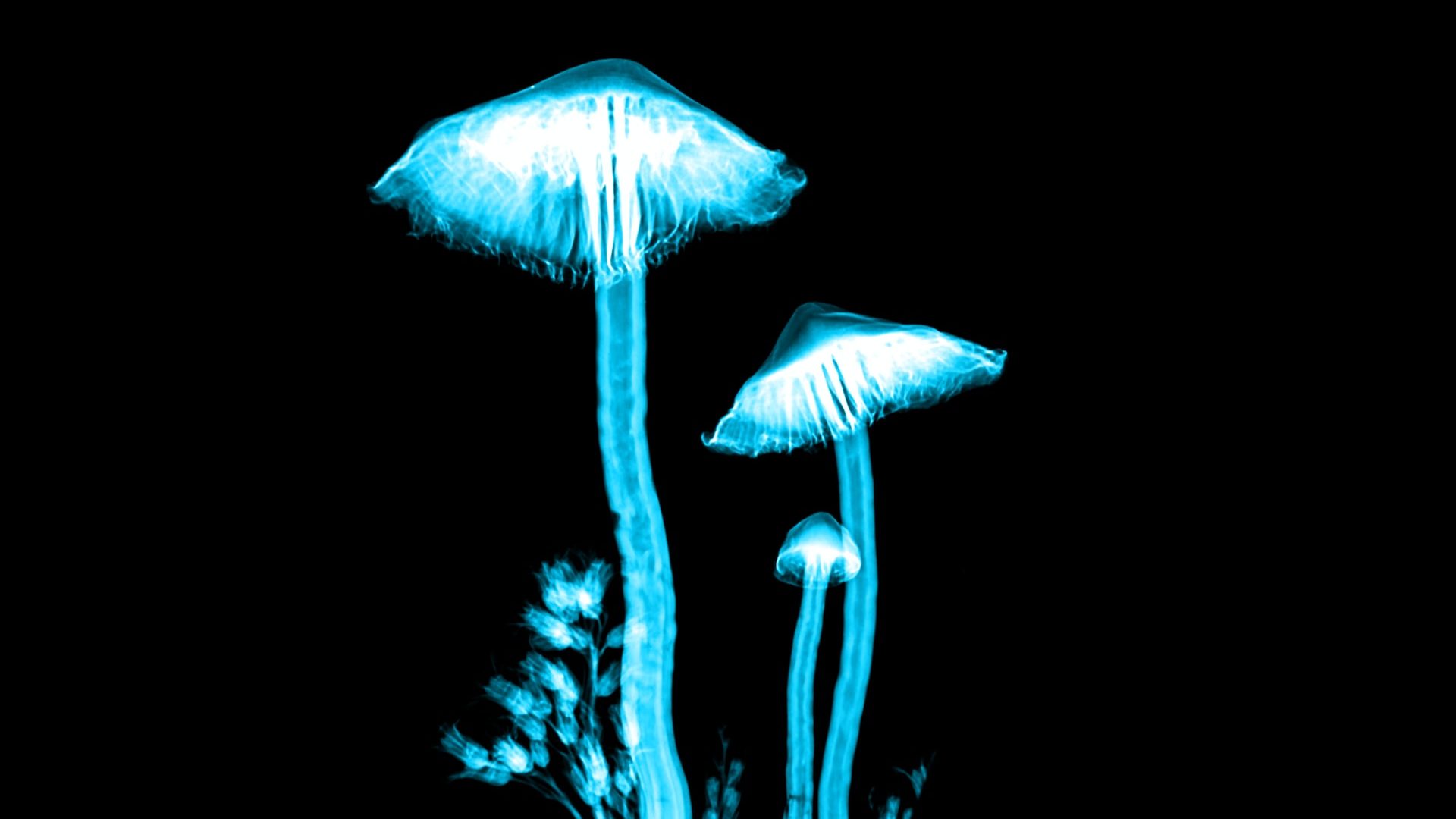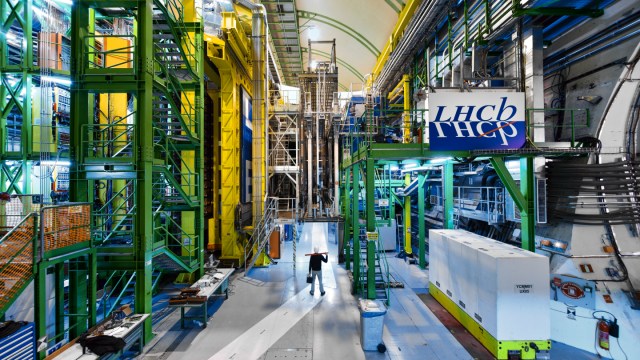Psychedelics alter users’ beliefs about God, reality, and superstition

- Many people who have experimented with psychedelic drugs report life-changing experiences.
- A new study found that using psychedelics increased belief in God and the afterlife and altered people’s understanding of consciousness.
- However, some beliefs (for example, the existence of the Loch Ness monster) remained unchanged, while superstitious beliefs actually decreased.
Plenty of anecdotal evidence suggests that psychedelic drugs can induce mystical and existential experiences that alter the user’s view of the world or outlook on life, but there has been little investigation of these claims. Now, research published in the Journal of Psychopharmacology shows that a single psychedelic experience can indeed change one’s beliefs about spirituality, consciousness, and the meaning of life.
Study design
Sandeep Nayak of Johns Hopkins University School of Medicine and his colleagues recruited participants by word of mouth, email, newsletters, and social media posts, and invited respondents to complete an anonymous online survey.
Almost 3,500 people completed the survey, 660 of whom were excluded because they did not speak English fluently, or had not had a belief-changing psychedelic experience. This left a total of 2,347 respondents, all of whom reported some change in their beliefs after taking one of the “classic” psychedelics (DMT, LSD, magic mushrooms, mescaline, or ayahuasca).
The survey consisted mostly of statements about certain types of beliefs, to which the respondents reported if they agreed or disagreed before and after a single psychedelic experience.
Psychedelics, before and after
The beliefs fell into five categories — dualism, paranormal / spirituality, attribution of consciousness to non-mammals and mammals, and superstitious beliefs — and the survey showed that beliefs about dualism, spirituality, and consciousness changed the most.
For example, 36% of respondents had agreed with the statement that “the body is material and the mind is immaterial” prior to their psychedelic experience, but this increased to 60% afterward. Belief in telepathy and life after death doubled, from 30% and 38% before the psychedelic experience, respectively, to 62% and 74% afterward.
39% had previously believed that non-physical conscious entities such as angels and spirits exist, compared to 68% afterwards; and whereas only 26% had believed that plants are capable of having conscious experiences, this increased to 62%.
Some beliefs remained unchanged. The belief that people have free will remained the same (73% of participants), as did belief that the Loch Ness monster exists (10%).
Notably, psychedelics reduced superstitious beliefs. Beforehand, 10% of participants had believed that breaking a mirror brings bad luck, compared to 5% afterward; and the 7% that believed that the number 13 is unlucky was reduced to 3%.
Overall, the vast majority of participants (87%) reported that their psychedelic experience altered their fundamental conception of reality, and the percentage of those who identified as a “Believer” (in a higher power or God) doubled from 29% to 59%.
Why do psychedelics change beliefs?
According to one recent hypothesis, psychedelics relax “high-level priors or beliefs” so that low level information can strengthen certain beliefs, but the researchers argue that this alone does not explain the belief changes revealed by their survey. They suggest that cultural context, unmasking of existing cognitive biases, and learning through compelling experiences also contribute.
The study is limited by the possibility that the respondents may not be fully representative of psychedelic users, and by the self-report method of data collection, which is highly subjective. The findings nevertheless seem to confirm several other recent studies which also suggest that psychedelics can alter metaphysical beliefs.
